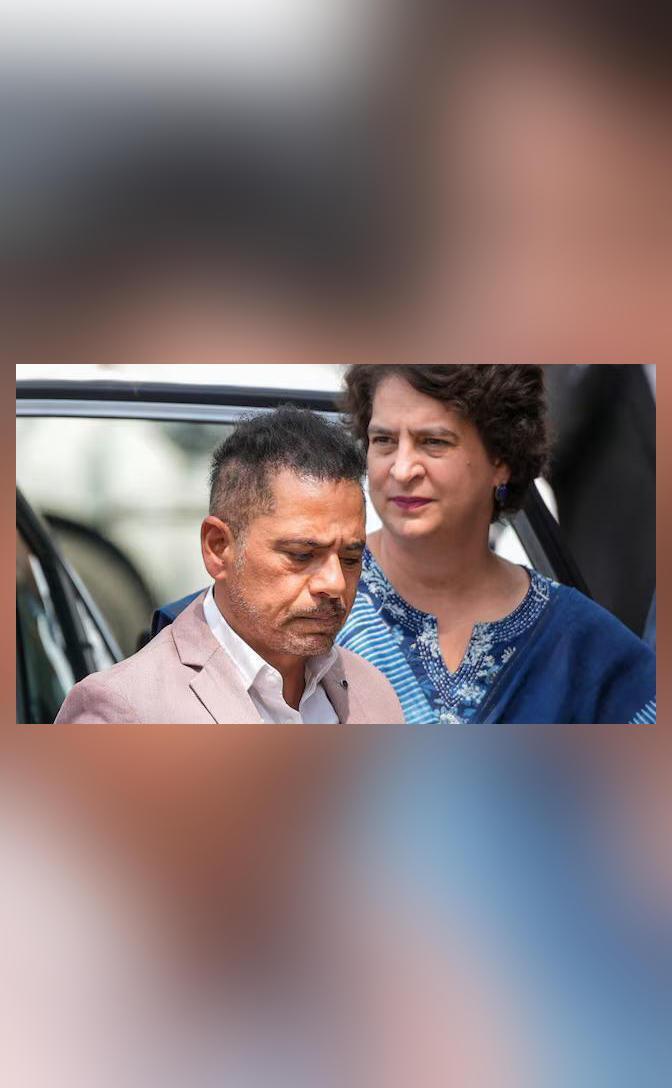
What does Vadra know about Hindutva: Relative of man killed in J&K
The ongoing debate on communal harmony in India has taken a new turn with a relative of Manjunath Rao, a Karnataka-based individual who lost his life in a terror attack in Jammu and Kashmir’s Pahalgam, criticizing Congress MP Priyanka Gandhi’s husband Robert Vadra for his recent statement. Vadra had stated that “Muslims are feeling weakened in India”, which has sparked widespread outrage and criticism.
Manjunath Rao’s relative, who wishes to remain anonymous, has come out strongly against Vadra’s statement, saying that it is completely misplaced and misinformed. “What does he know about Hindutva?” the relative asked, expressing shock and disappointment at Vadra’s words. “This was not expected from him. Terrorists don’t have any religion. He should take his words back,” he added.
Vadra’s statement has been widely condemned by many, including political leaders and citizens from all walks of life. The timing of his statement is particularly unfortunate, given the current tense situation in the country. The recent attacks in J&K have left many people worried and concerned about the safety and security of the nation.
The relative of Manjunath Rao, who is still grieving the loss of his loved one, has urged people to focus on the real issue at hand – terrorism – rather than getting bogged down in petty communal politics. “We should not forget that terrorists are the ones who are responsible for the death of innocent people like my relative,” he said. “Divisive comments like Vadra’s only serve to further polarize society and create more divisions. We should be focusing on unity and working together to combat terrorism, rather than engaging in petty squabbles.”
The relative’s words are a powerful reminder of the need for restraint and responsibility in public discourse. As a society, we must be careful not to create divisions and fuel communal tensions. Instead, we should be working towards creating a more inclusive and harmonious society where everyone feels safe and valued.
Vadra’s statement is also seen as a reflection of the Congress party’s divisive politics. The party has a history of playing the communal card to gain political mileage, and Vadra’s statement is no exception. The party’s leaders have consistently used communal rhetoric to divide society and gain power, and Vadra’s statement is a classic example of this.
In conclusion, the relative’s words are a powerful indictment of Vadra’s statement and a reminder of the need for responsible and nuanced public discourse. We must be careful not to create divisions and fuel communal tensions, and instead work towards creating a more inclusive and harmonious society.






